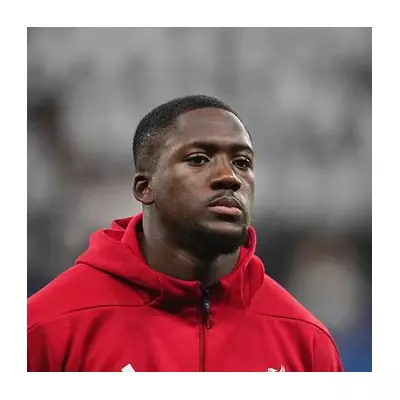
In a stunning reversal that has sent shockwaves through the golfing world, Rory McIlroy is poised to make a dramatic return to the PGA Tour's policy board just months after his high-profile resignation. The Northern Irish superstar is set to replace Webb Simpson, who specifically requested the four-time major champion take his place.
Boardroom Shakeup Sends Golf World Spinning
The surprise development comes during one of the most turbulent periods in professional golf history, with the sport still grappling with the aftermath of the LIV Golf split and ongoing negotiations about the game's future direction. McIlroy's return to a position of significant influence marks a pivotal moment in these critical discussions.
Woods and McIlroy: An Unlikely Alliance
McIlroy will now serve alongside Tiger Woods, who joined the policy board last year following player demands for greater representation. This places two of golf's most influential figures at the heart of decision-making during what many are calling the sport's most important crossroads.
The timing couldn't be more significant, with the PGA Tour still navigating its framework agreement with Saudi Arabia's Public Investment Fund. McIlroy's previous role as one of the Tour's most vocal defenders against LIV Golf makes his return to leadership particularly noteworthy.
Simpson's Strategic Withdrawal
Webb Simpson, the 2012 US Open champion, initiated this boardroom reshuffle by formally requesting to step down from his position. However, Simpson's departure came with a crucial condition – that McIlroy specifically fill the vacancy he created.
The move requires formal ratification from the entire Player Directorate, but this is widely viewed as a procedural formality given the stature of the individuals involved and the critical nature of the current golf landscape.
McIlroy's previous resignation from the policy board in November 2023 was described as necessary to focus on his game and reduce external commitments. His sudden return to frontline governance underscores the escalating importance of the decisions currently facing the sport's leadership.
This developing story represents one of the most significant power shifts in recent golf administration history, placing the sport's future direction firmly in the hands of its most recognizable modern stars during a period of unprecedented change and challenge.





